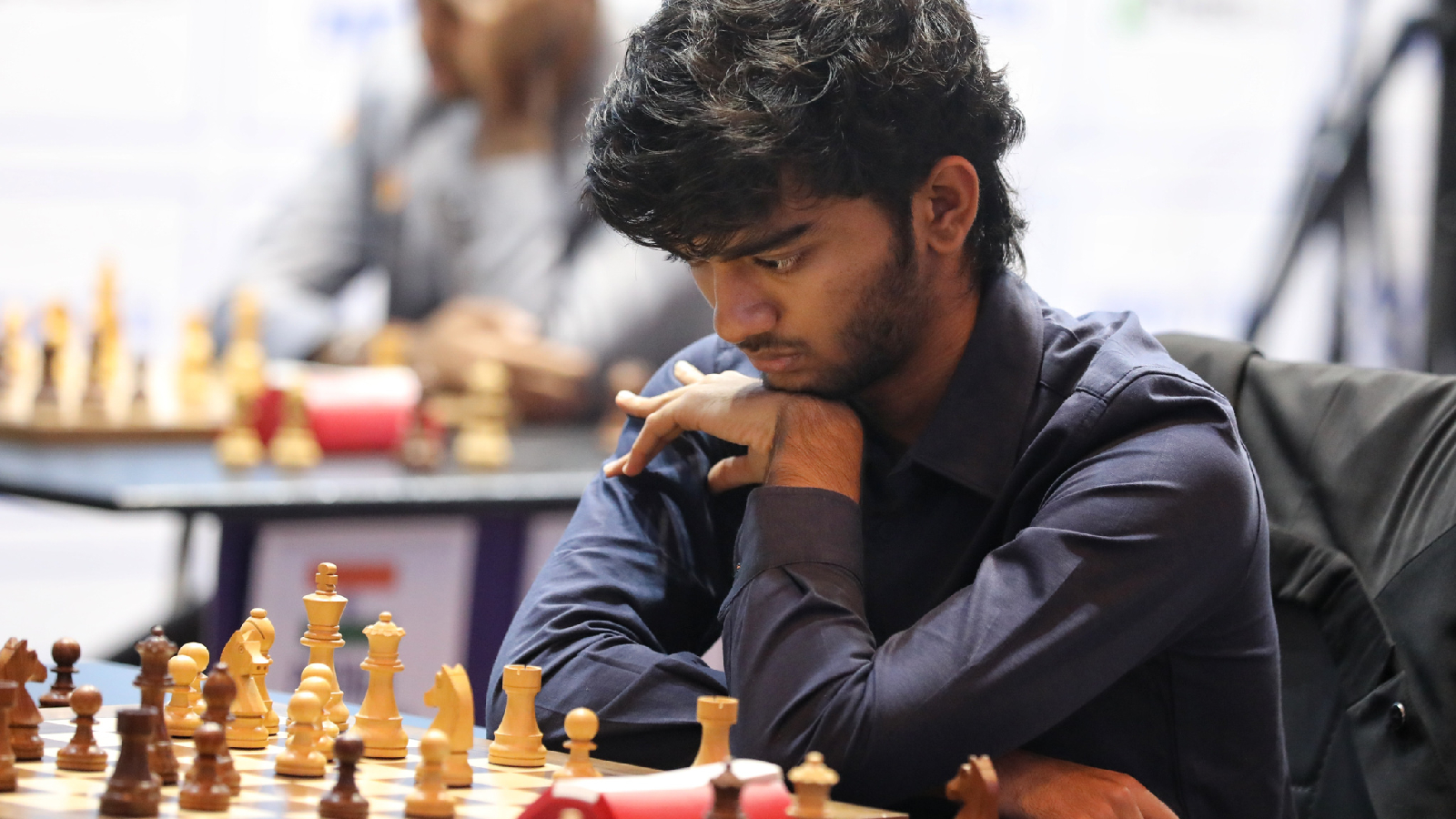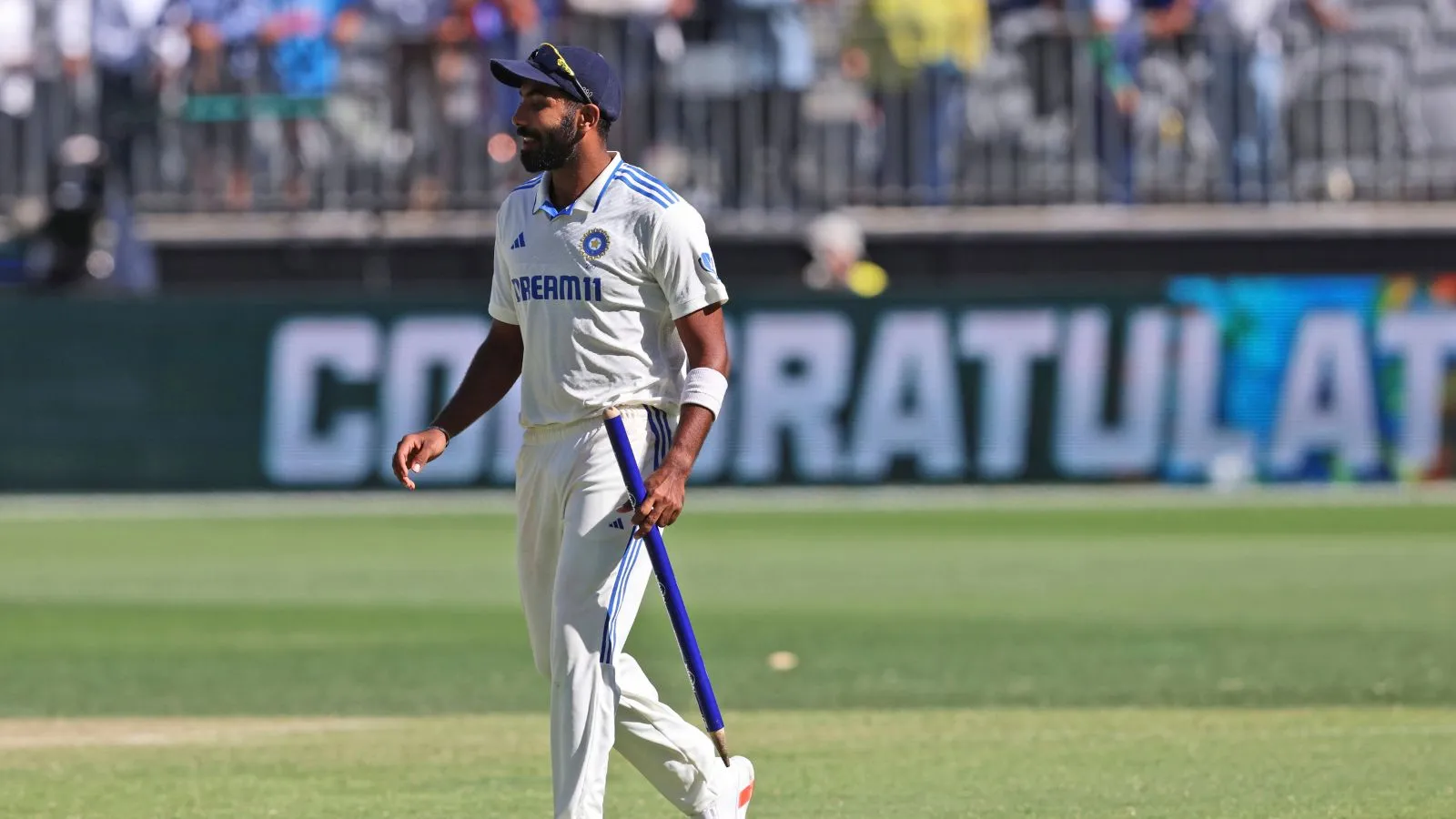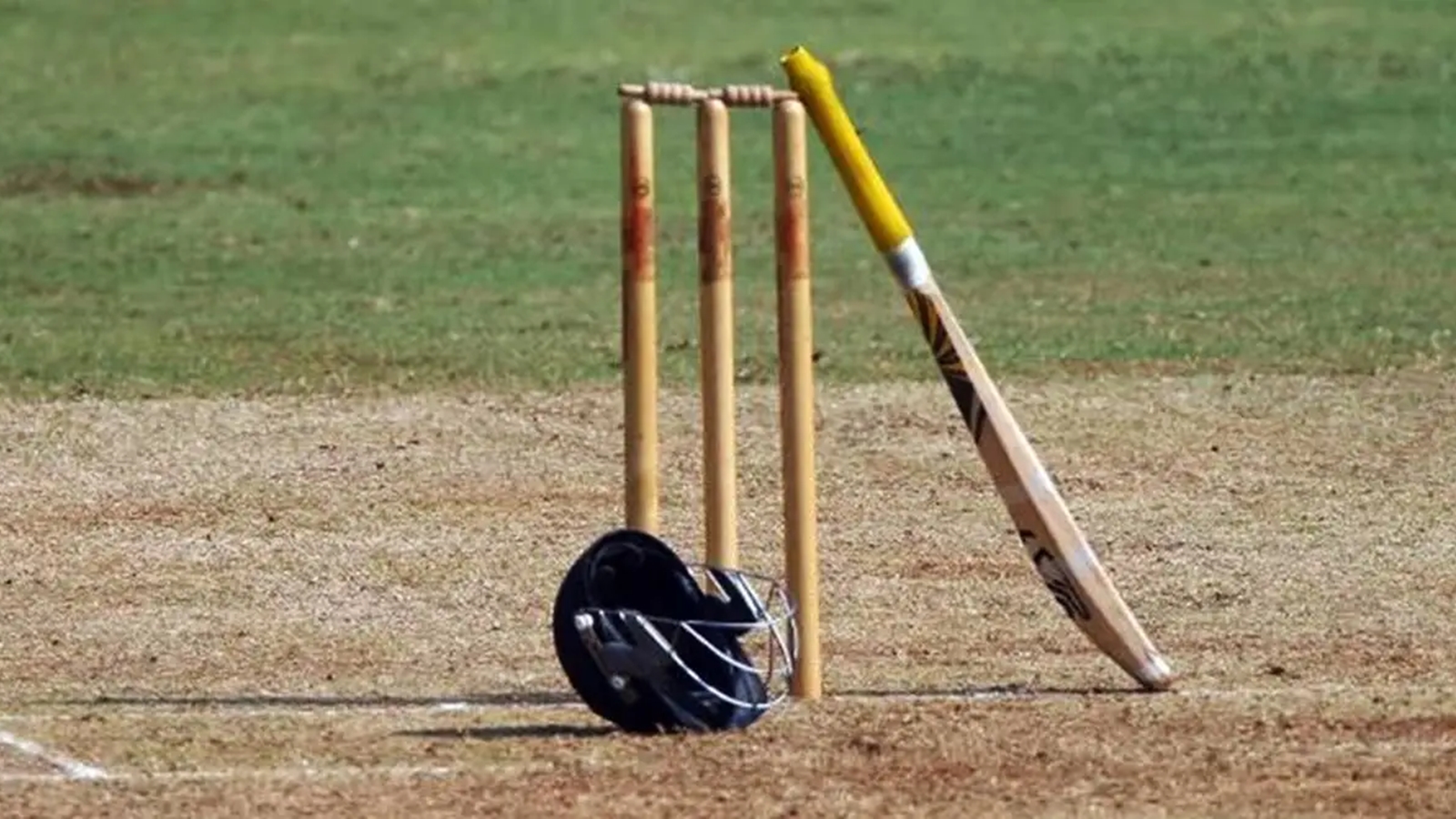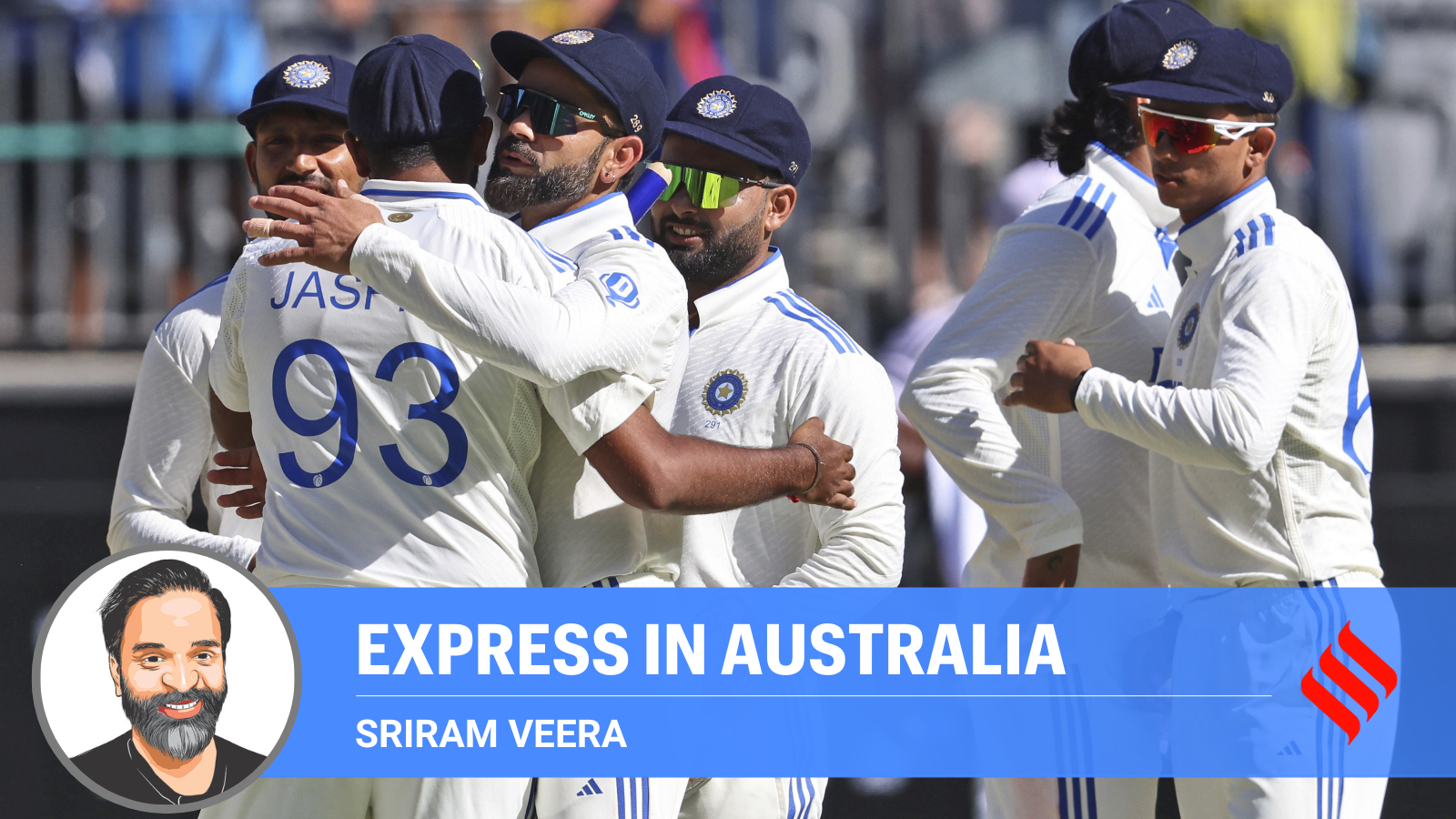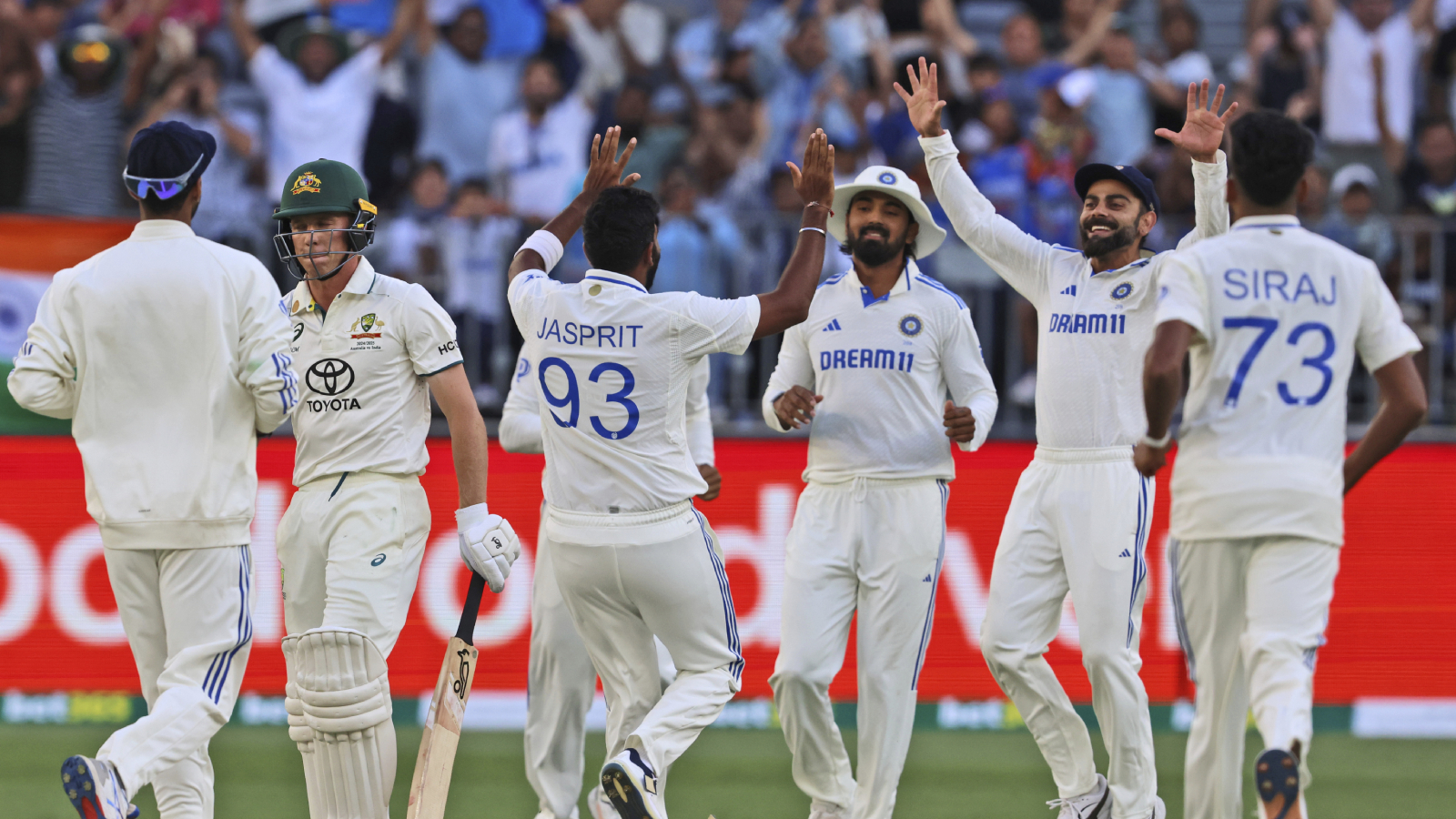Eleven years ago, as Viswanathan Anand jousted against Magnus Carlsen with the world champion’s crown on the line, a boy barely seven years of age and his father made their way into the Hyatt Regency in Chennai to catch that action live.
The boy was just starting to make his first tentative moves on the chessboard and his father thought watching two greats trade punches would be a good nudge for him into the sport. That day, there were no spots free for the duo to sit, so both of them lined up behind the seats in the spectator area and watched the action standing up.
In a few days’ time, Carlsen became the 16th world champion in the sport. Just over a decade since that heady moment, chess could witness another turn-of-the-page moment: that seven-year-old boy who stood and watched the game is now bidding to join Carlsen and Anand as the 18th world champion.
When Gukesh takes on the reigning world champion Ding Liren in Singapore from next week in a 14-game royal rumble, he will be wooing history. No one in history has been as young as Gukesh is at present when they became a world champion for the first time.
So what are the factors that have gone into ushering the 18-year-old on the doorstep of history?
Carlsen raises his hands to his forehead and does a gesture that’s halfway between his mind getting blown and a shrug as the five-time world champion explains how Gukesh is still a “mystery” to him.
“I cannot…. It’s weird to have someone who is so unbelievably much better at classical than he is (at faster formats),” Carlsen points out while speaking of Gukesh’s ability to be better in the classical format than in the faster time controls of rapid or blitz.
“When I talk to Gukesh after games, he’s considered stuff that I didn’t even think about! Like, ‘how did he have time for this?’ I think he just calculates non stop. In classical chess, it works out quite well. But then you see in some games he just makes very strange positional decisions because he doesn’t have the same filter,” adds Carlsen in an interview with a new chess app called Take Take Take.
What Carlsen means is that Gukesh is the sort of player who calculates very deeply — more deeply than most other players — about what moves he can play and how the opponent will respond to this move and what his own response to that will be. And so on and on. Chess players call this a ‘tree of analysis’ where they have multiple candidate moves they can possibly make, and eliminate these moves by analysing which works best for them in the long run. With time constraints hindering this calculation ability, in rapid and blitz, Gukesh feels hamstrung.
An intuitive player can take one look at the board and have a light bulb go on. A calculation-based player, like Gukesh, will take some time like he’s reading symbols off a treasure hunt map to get to the buried gold.
Gukesh currently has a rating of 2783 in the classical format, but his rating tanks to 2654 in rapid and 2615 in blitz.
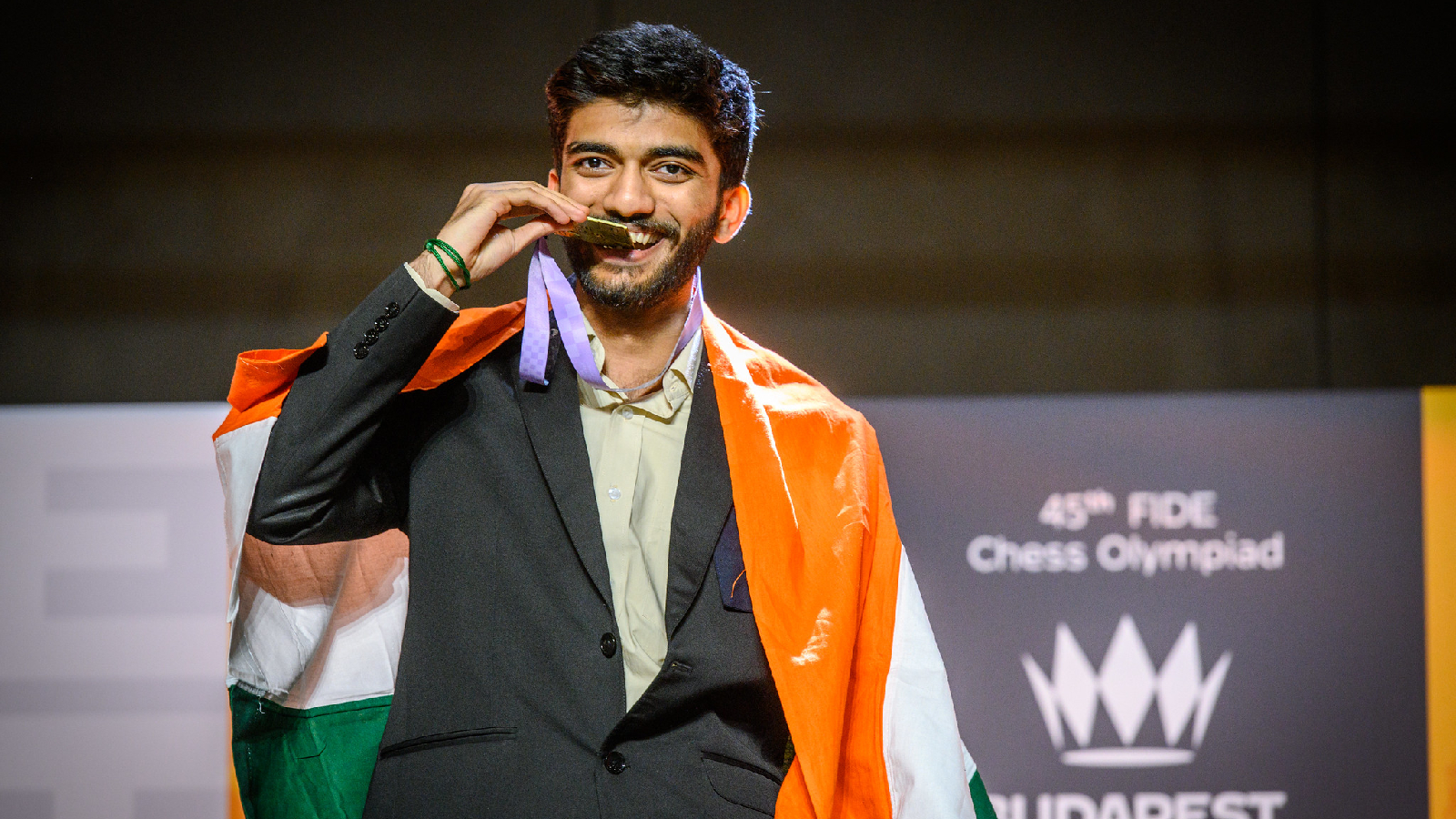
Arjun Erigaisi breaks down thought process of Gukesh
After the Indian team’s Olympiad success, Gukesh’s teammate Arjun Erigaisi broke down the playing style of Gukesh as compared to his own and Praggnanandhaa’s. The trio forms the most lethal generation of chess talent India has ever produced on the 64 squares. But as Arjun points out, what works for them on the board is slightly different.
“Pragg and I are more intuition-based players. That’s also one of the reasons we are pretty good in rapid and blitz. It doesn’t mean that we cannot calculate. We can calculate precisely in positions. But, we rely more on intuition. Gukesh relies quite a lot, like very significantly, on calculation. This doesn’t mean that he doesn’t have intuition. But he relies more on his calculation,” Arjun tells The Indian Express.
Five-time world champion Anand, who has taken Gukesh under his wing in recent years, has a slightly differing opinion about the 18-year-old’s success in the longest format of the game. He points out that Gukesh has been excelling in classical format simply because he needed to. He points at Gukesh’s preternatural ability to focus on one thing at a time and says that the one thing for him this year just happened to be the classical format.
“For me, that link isn’t that clear. Yes, Gukesh has been more focused on classical this year. But it was because he needed to qualify for the World Championship. But you could easily imagine that some day he decides to improve in other time controls and he’ll get better there as well,” Anand tells The Indian Express.
Arjun has one final observation about what makes Gukesh particularly lethal.
“All three of us are very ambitious. But I would say Gukesh and I are particularly more ambitious (in our moves on the board) than Pragg. Sometimes Pragg can be more solid,” says Arjun. “But Gukesh and I love to take risks every now and then.”
For Gukesh, his most ambitious move will come over the next month.
I’m Manas Ranjan Sahoo: Founder of “Webtirety Software”. I’m a Full-time Software Professional and an aspiring entrepreneur, dedicated to growing this platform as large as possible. I love to Write Blogs on Software, Mobile applications, Web Technology, eCommerce, SEO, and about My experience with Life.


